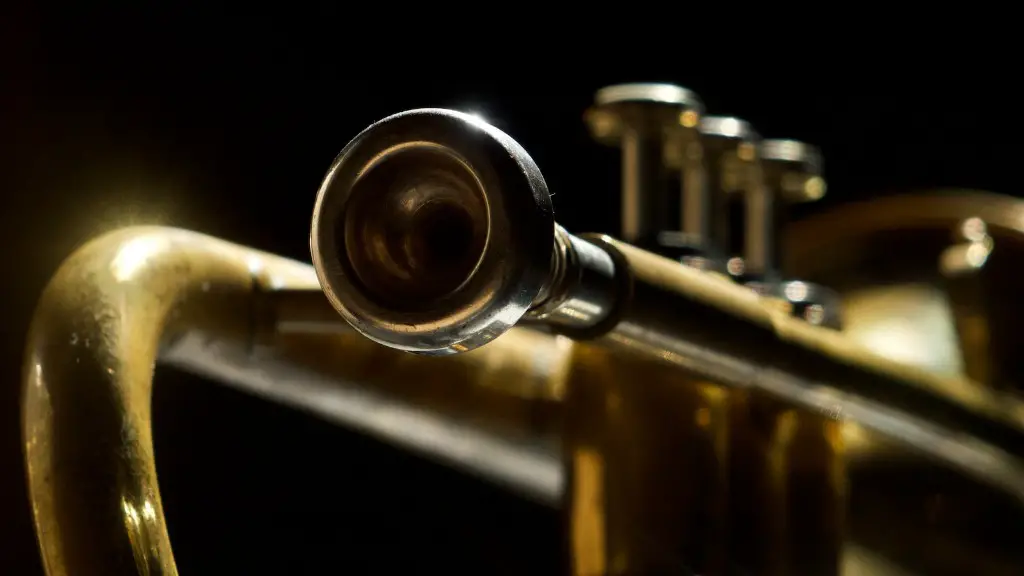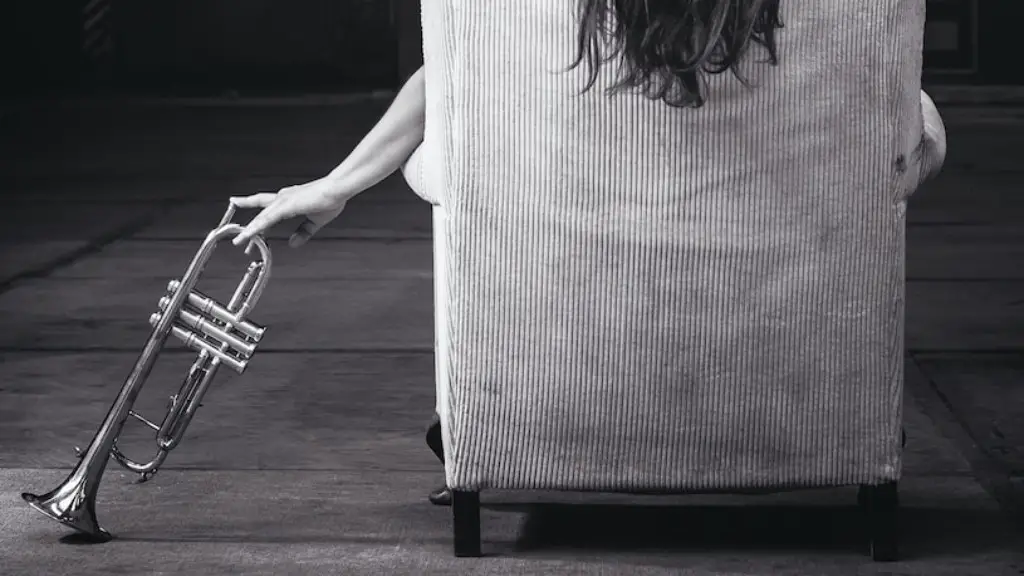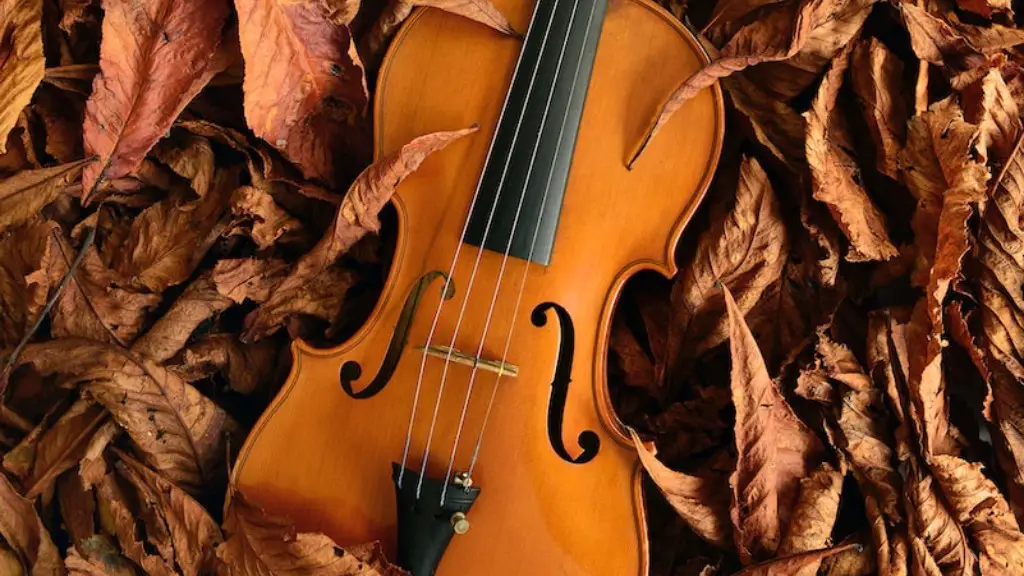Playing trumpet is a great way to express yourself and create beautiful music. But many people worry that playing the trumpet may damage their lips.
The good news is that playing the trumpet does not necessarily damage your lips, as long as you take proper care of them and use the right techniques. Proper warm-up exercises, using the correct embouchure, and using a mouthpiece with the correct size can all help to protect your lips from any potential damage.
In addition, regular practice and taking breaks when needed can also help to reduce any potential lip damage. With proper care and technique, you can enjoy playing the trumpet without worrying about damaging your lips.
Common Problems with Playing Trumpet
Playing the trumpet can be a difficult and frustrating experience, especially for beginners. One of the most common problems is damage to the lips. This can occur from playing too hard, using poor technique, or simply practicing too much. If the lips are not given enough time to heal between practice sessions, they can become dry and cracked, which can lead to pain and make it difficult to play.
To help prevent damage to your lips, it is important to use proper technique when playing. Make sure you are using your air correctly and that you have good posture when playing. Additionally, make sure you take breaks between practice sessions so that your lips have time to recover. Taking breaks is especially important if you are a beginner or if you are playing for a long period of time.
It is also important to use a quality mouthpiece and make sure it fits correctly. The wrong mouthpiece or an ill-fitting one can cause excessive pressure on the lips and cause damage over time. Finally, it is also important to drink plenty of water while practicing as this will help keep your lips hydrated and healthy.
By following these tips, you will help ensure that your trumpet playing experience is enjoyable and that your lips stay healthy!
How to Prevent Lip Injuries from Playing Trumpet
Playing the trumpet is an enjoyable activity that can give you hours of fun and music. However, it also carries the potential risk of lip injuries. Fortunately, there are some steps you can take to prevent them.
Firstly, it’s important to use the right embouchure when playing. Make sure your teeth are placed on top of the mouthpiece while your bottom lip is tucked inside and your top lip is in contact with the rim. This will help ensure a proper airflow and reduce strain on your lips.
Secondly, make sure your trumpet is properly maintained and adjusted. Check for dents or other damage which could be causing air leaks which would require extra pressure from your lips for a good sound. Additionally, adjust the valves to ensure that they move freely and that all keys close tightly when pressed down.
Finally, warm up before playing and practice slowly at first until you build up strength and endurance in your lips. If you feel any pain or discomfort while playing, take a break and rest for a few minutes before continuing.
By following these simple steps, you can protect your lips from injury while enjoying playing the trumpet!
Playing Trumpet Without Damaging Your Lips
Playing the trumpet can be a fun and rewarding experience. However, if done incorrectly, it can cause damage to the lips. To prevent this from happening, it is important to understand the correct way to play the trumpet.
The first step is to make sure that you have the proper equipment. It is important to have a mouthpiece and trumpet that are sized correctly for your lips. This will ensure that you can produce a good sound without putting too much strain on your lips. Additionally, be sure to use a lightweight and comfortable mouthpiece.
Next, it is essential to use proper technique when playing the trumpet. Make sure to position your lips properly around the mouthpiece, as this will reduce strain on your lips and help you produce a better sound. Also, be sure not to press too hard against the mouthpiece as this can cause discomfort or even damage your lips over time. Lastly, practice proper breath control by inhaling deeply before playing and exhaling slowly while playing to maintain steady airflow throughout your performance.
By following these tips and using proper technique while playing the trumpet, you can avoid damaging your lips and enjoy making music safely!
The Effects of Mouthpiece Pressure on Playing Trumpet
Playing the trumpet can put a considerable amount of pressure on your lips, especially when you are using a mouthpiece that is too small for your lips. This can cause discomfort, as well as long-term damage to the delicate skin on your lips. It is important to make sure that you use a mouthpiece that fits your lip size properly.
When you use a mouthpiece that is too small for your lips, it can cause the inner skin of your lips to become dry and cracked. This can lead to pain and inflammation, as well as an increased risk of infection. In addition, if the mouthpiece is too tight against your lips, it can restrict the movements of your upper and lower lip muscles, which will limit your range and flexibility when playing the trumpet.
Using a too-large mouthpiece can also be problematic. This type of mouthpiece will decrease the air pressure inside of your mouth while playing, which will affect the sound quality and volume of your playing. A too-large mouthpiece can also cause excessive saliva production, making it difficult to play at a consistent level.
To ensure that you are getting the best possible sound out of your trumpet playing, it is important to find a comfortable and properly fitting mouthpiece for you. There are several factors to consider when selecting a trumpet mouthpiece such as size, material, shape, length, and cup depth. Taking these factors into consideration will
Protecting Your Lips When Playing Trumpet
Playing the trumpet can put a lot of strain on your lips, which is why it’s important to take steps to protect them. The most important step is to practice regularly and develop proper technique. This will help you build strength in your lip muscles and reduce the risk of damage. Additionally, make sure you’re using the right mouthpiece for your instrument and playing style, as this can also affect how much strain is put on your lips.
You should also pay close attention to your breathing technique. Proper breathing can help you increase endurance and reduce fatigue, giving your lips a break from extended playing sessions. Another helpful tip is to warm up before playing, as this will help loosen up your lip muscles and reduce the chance of injury. Finally, if you start feeling any pain or discomfort in your lips, take a break and rest for a few days before continuing.
Protecting your lips when playing trumpet is essential to ensure that you don’t suffer any long-term damage or injury. By following these tips and practicing good technique, you’ll be able to enjoy playing without putting too much strain on your lips.
Warm-Ups for Lip Muscles
Lip muscles are necessary for playing a trumpet and other brass instruments. To keep your lips in top condition, it’s important to practice warm-up exercises on a regular basis. Warm-ups help to prepare lip muscles for playing and also help to reduce the risk of injury from playing.
Warm-ups can include buzzing exercises, lip slurs, long tones, and tonguing exercises. Start with low volume exercises and gradually increase the volume as you become more comfortable with the exercises. If you experience pain or discomfort while performing these exercises, stop immediately and consult a professional musician or music therapist.
Other important ways to keep your lips healthy include drinking plenty of water, avoiding smoking and using lip balm on a regular basis to keep your lips hydrated. Taking breaks during long practice sessions can also help prevent overworking your lip muscles. By following these tips, you can ensure that your lips stay healthy while playing the trumpet.
The Bottom Line
Playing the trumpet can damage your lips if you don’t take proper care of them. The best way to avoid lip damage is to warm up and stretch your lips before playing, practice good posture and breathing, and use a mouthpiece that fits properly. It’s also important to take breaks from playing and make sure you’re hydrated. It may also be helpful to use lip balms or moisturizers to keep your lips healthy. Taking these steps will help you play the trumpet without damaging your lips.





